It Takes Two to Tango - Being a good dance and fitness partner
While many dance and fitness activities can be done alone, there has been an increase in the popularity of partnered dance/fitness activities over the past few years. Many partake in paired activities - Acro yoga (which includes a flyer and a base) and ballroom dancing have become more commonplace, and with current covid-19 restrictions limiting group to sizes of two, many other dances (such as hip hop and kpop) are finding ways to incorporate partner work as well. Even for traditionally "solo" activities, such as pole and aerial dance, many prefer to work in pairs as well - partners take turns spotting each other while doing tricks, and even play around with partner stunts.
Partnered dance and fitness activities are important - they are the foundation in which team work is built, and teach important social skills and life values. It is thus fundamental that dancers and fitness enthusiasts who choose to partake in these activities take the time to work on becoming a good partner.
Like everything else in dance and fitness, being a good partner is a skill that needs to be learnt and continuously worked on. Your progression as a dancer and as a pair is heavily dependent on how good of a partner you are willing to be to your other half.
Trust your partner, and make sure you can be trusted too
The pinnacle of any good partnership is trust. Whether you're doing an easy or difficult move, trusting your partner will make a world of a difference is how your dance and fitness exercise can turn out.
Trust between partners is built over time, and has to be gained at a pace comfortable for both of you. Don't force one to trust each other entirely right off the bat - over trusting can be dangerous as well, as it puts pressure on you or your partner, and may force either of you to do things that they are not ready for. At the same time, there is no need to be overly skeptical of people - if you and your partner are each putting in the effort to show that you're supporting each other, there is no reason to withhold trust between you. As you progress together, trust will naturally build, and with the more it grows, the better dancers/exercisers you will both become.
The scary thing about trust is that it takes ages to build, but seconds to crumble. Trust can be lost even through unintended accidents (e.g. accidentally leading your partner to bump into someone else, or tripping over each other). When this happens, don't panic and lose faith. Talk it out with each other and see how you can regain each other's trust so that you can regain lost ground.
Be fair, but not overly critical
In order for both of you to be able to grow and improve, partners need to have be able to talk about the routine and the steps they're doing. While it is tempting to only focus on the good and only offer compliments, constructive criticisms are equally important as well. If you know your partner is struggling, be honest with them and suggest useful ways they could try to improve the matter.
However, do no be overly critical. While genuine criticisms are helpful, nitpicking is counterproductive. A partner who points out every flaw without consideration for their partners feeling is extremely destructive, not just to the partnership, but also to the individual. A good way to avoid this is to ask your partner is there is anything specific they want your feedback on, so that comments can be targeted better and made more constructive.
Be honest with each other
Don't go with the flow just because it's easier - if a certain part of your routine makes you uncomfortable, you need a break to recover from something (be it an injury or something else happening in your life) or if something just isn't working generally, you have to be honest and willing to talk to your partner about it. Holding it in doesn't benefit anyone - your partner won't be able to help fix whatever is making you anxious, and there is also a risk that you might build resentment against your partner for something that they were unable to fix.
Always ask yourself how you can be a better partner
What separates a good partner from a less than ideal one is the ability to self-reflect. A weaker partner is likely to immediately blame the other person, without consideration for what they themselves could be doing. better. They constantly find ways to undermine their partner, and have an over-inflated perception of their own abilities. A good partner, on the other hand, is able to consider all the different factors that could help improve the dance or exercise. They consider how they can better help their partner, and use inclusive langugage (e.g. "we should consider doing XYZ to improve our dancing", or "we are not in sync, lets see how we can fix this") instead of accusatory language ("you are doing this wrong"). They always ask themselves how they can improve their own skills to ensure that they remain a good partner.






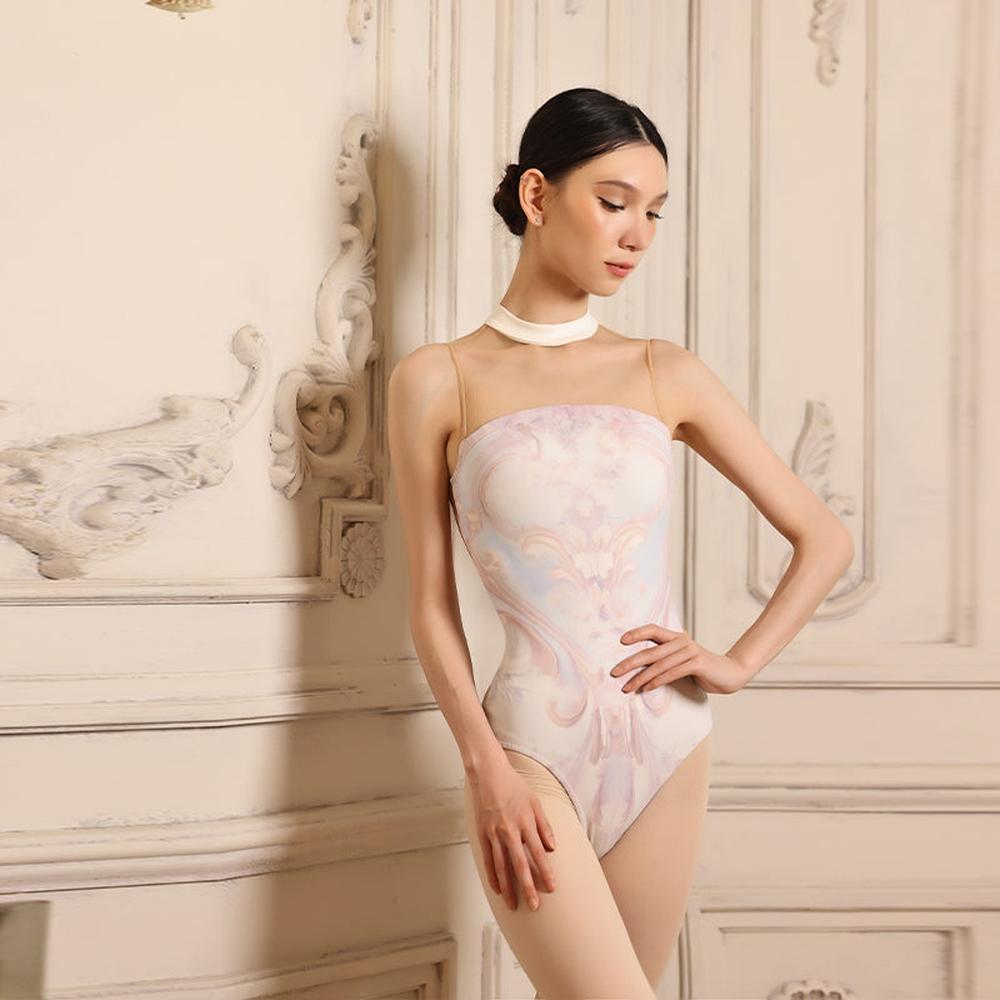














































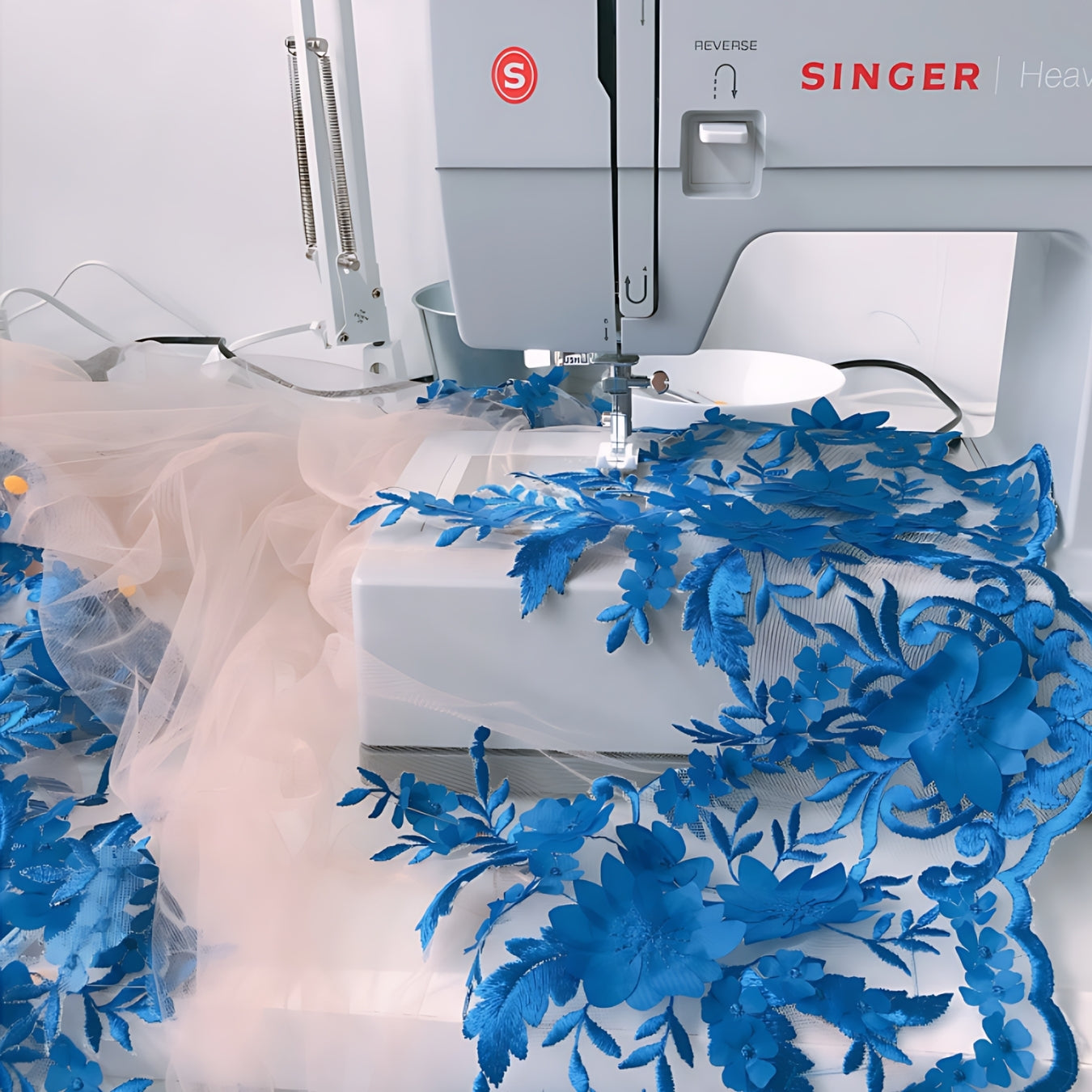


























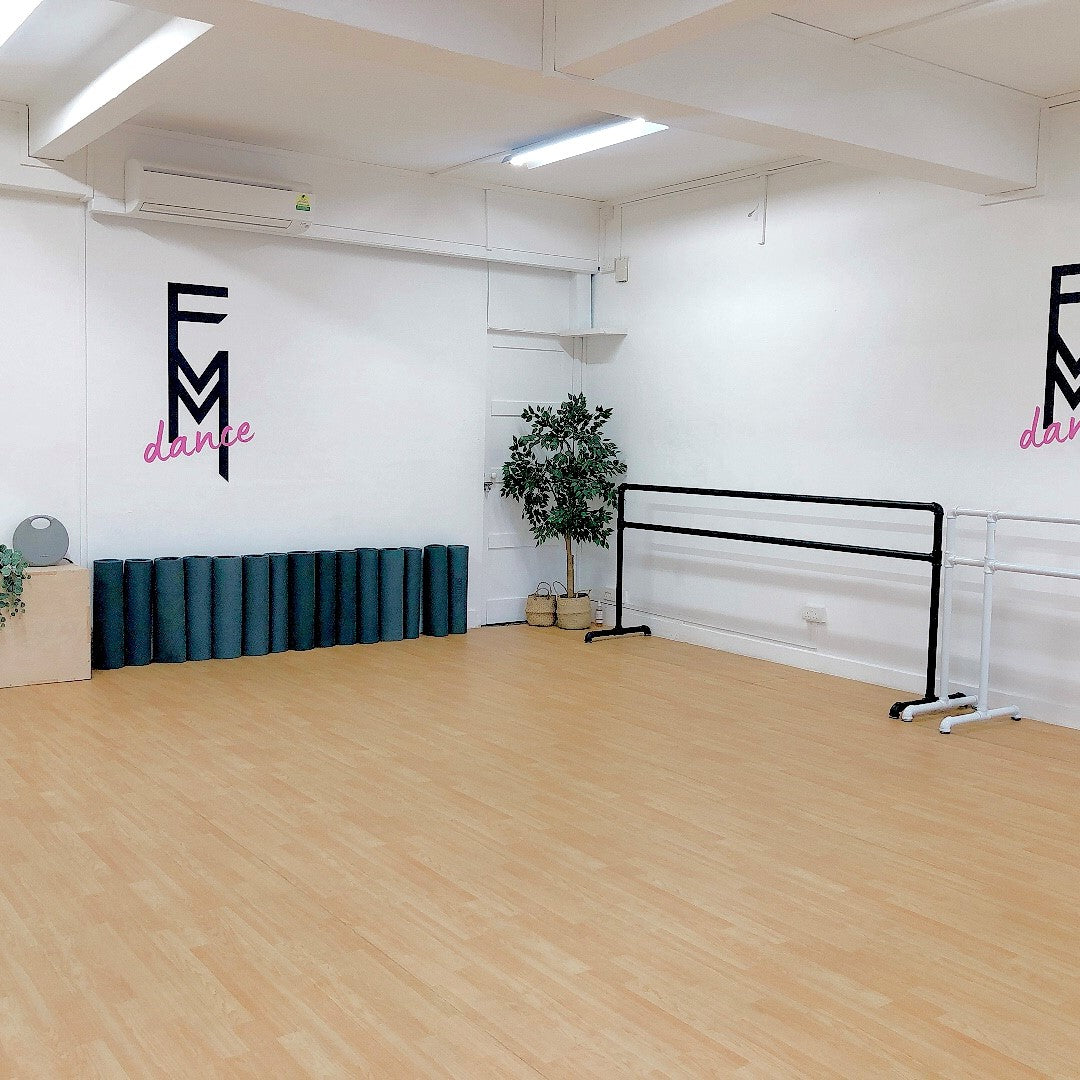































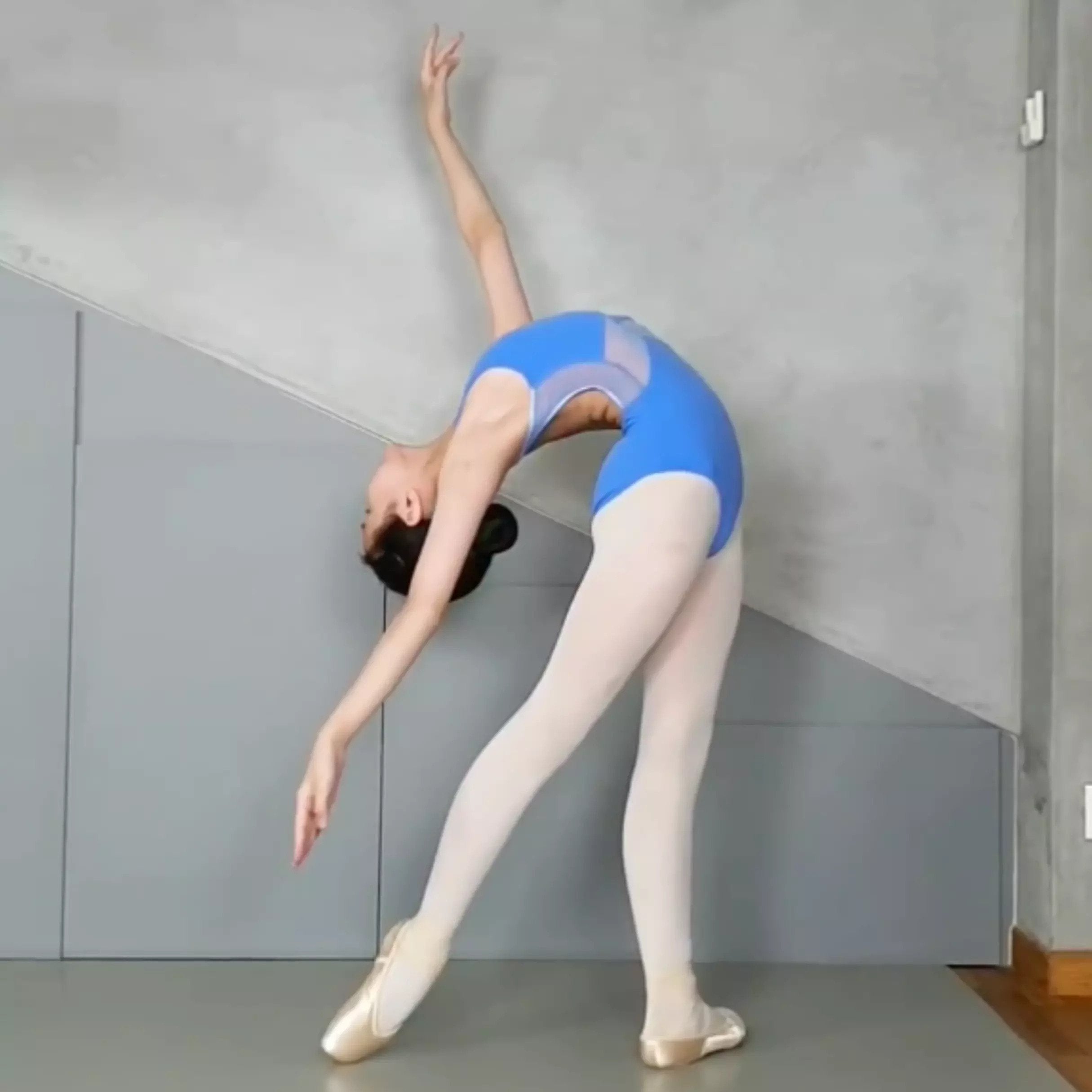







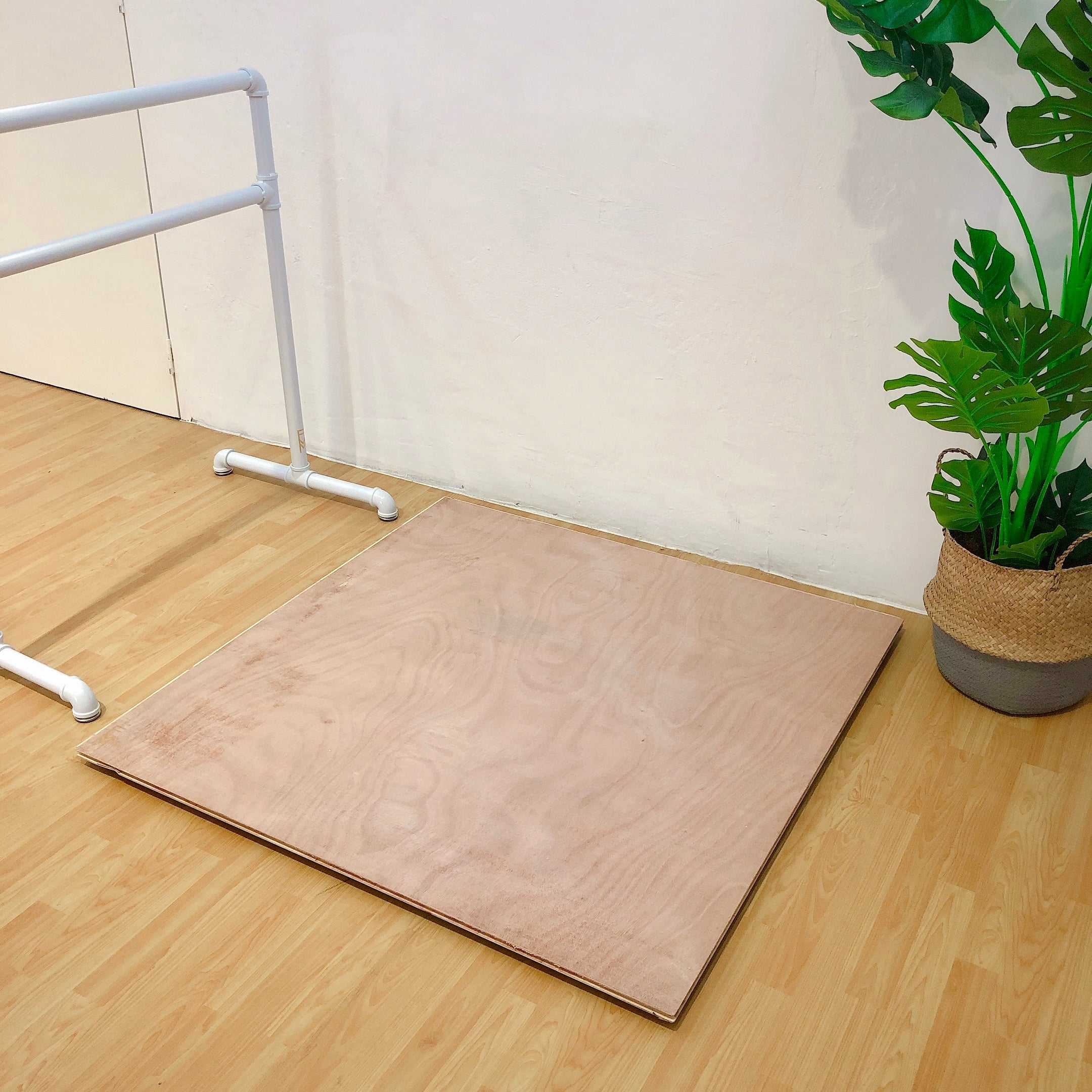



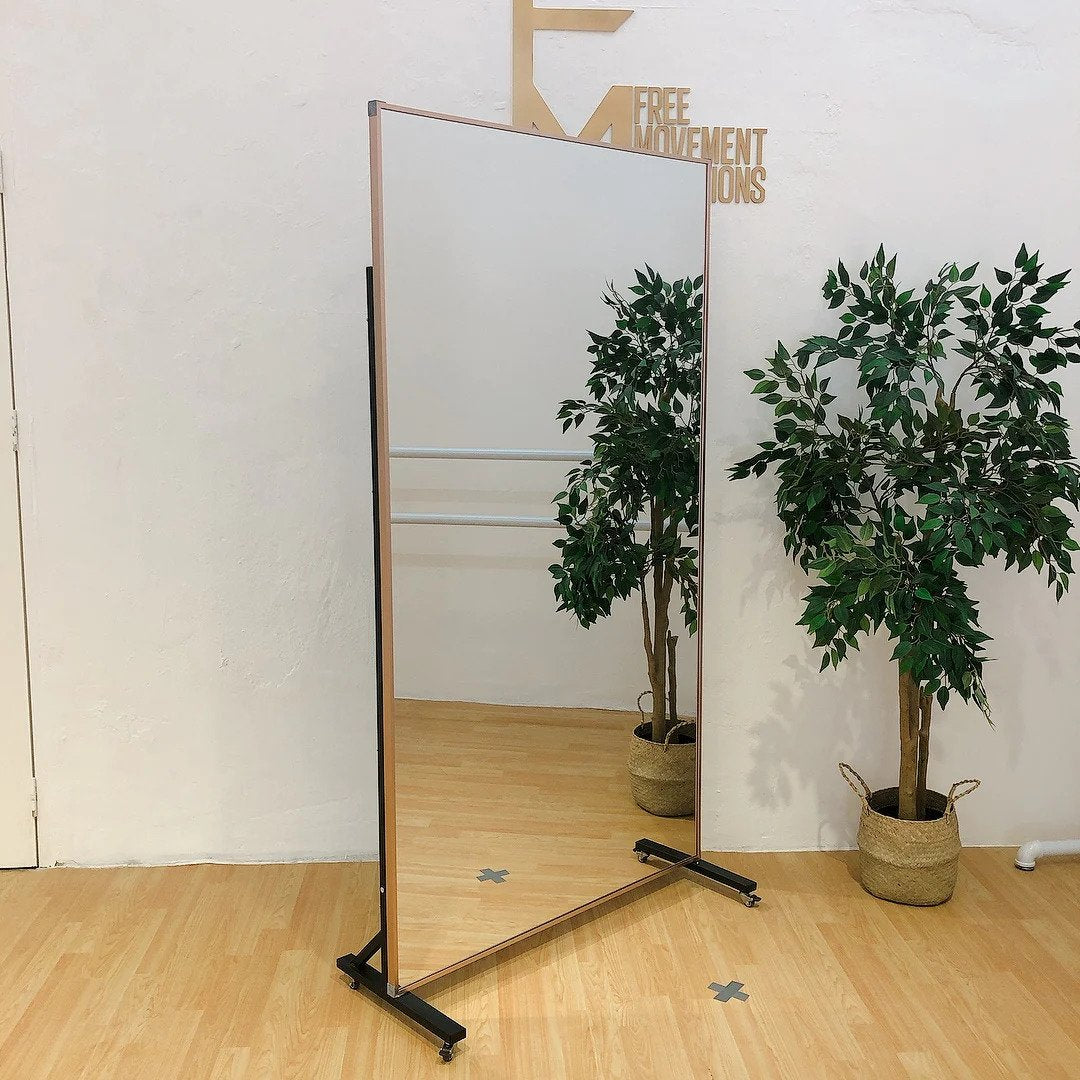






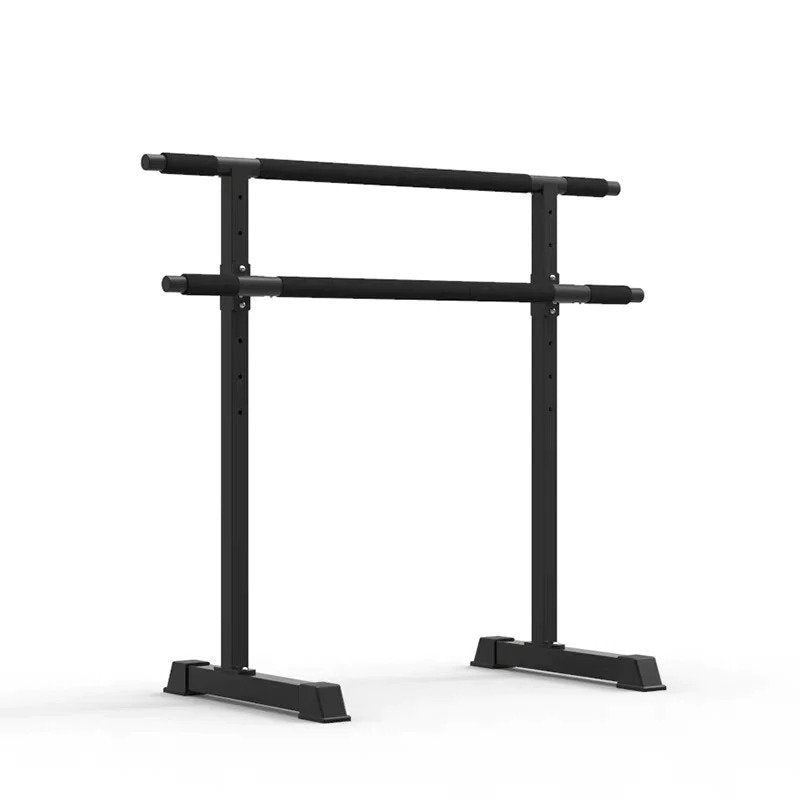





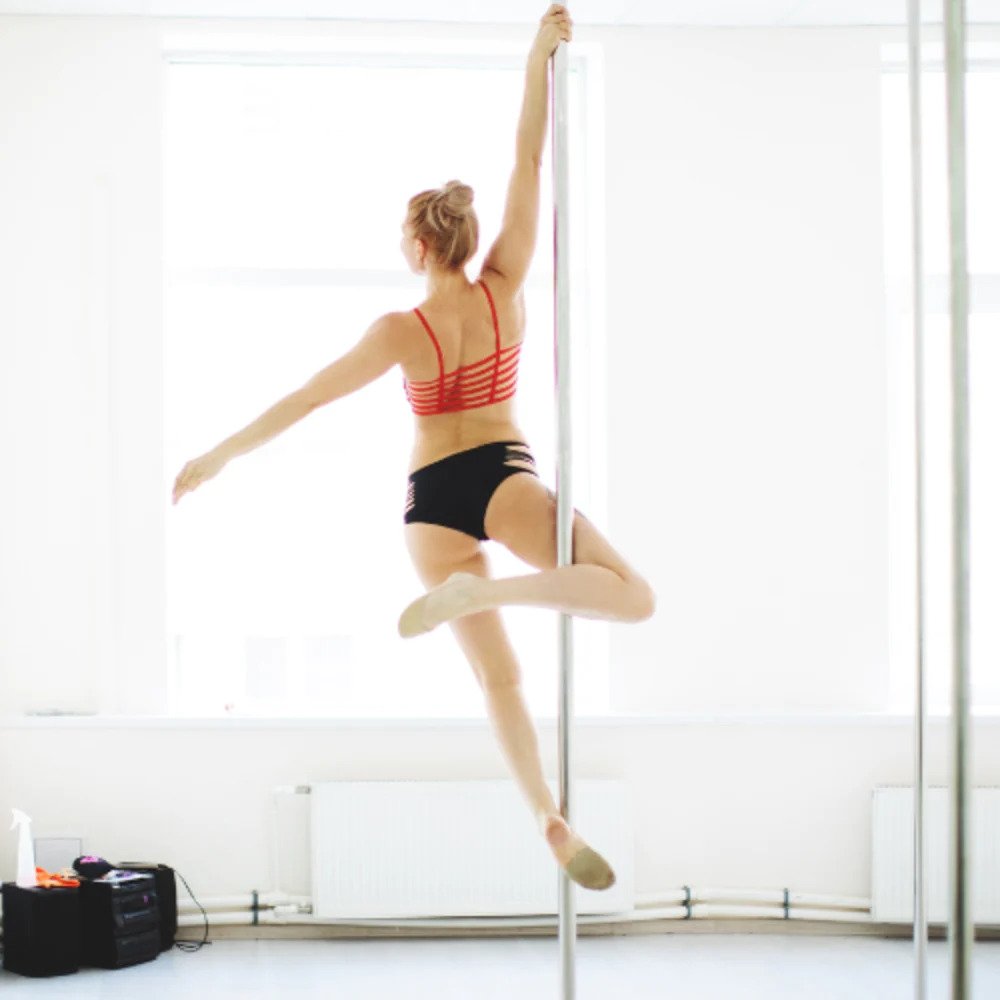







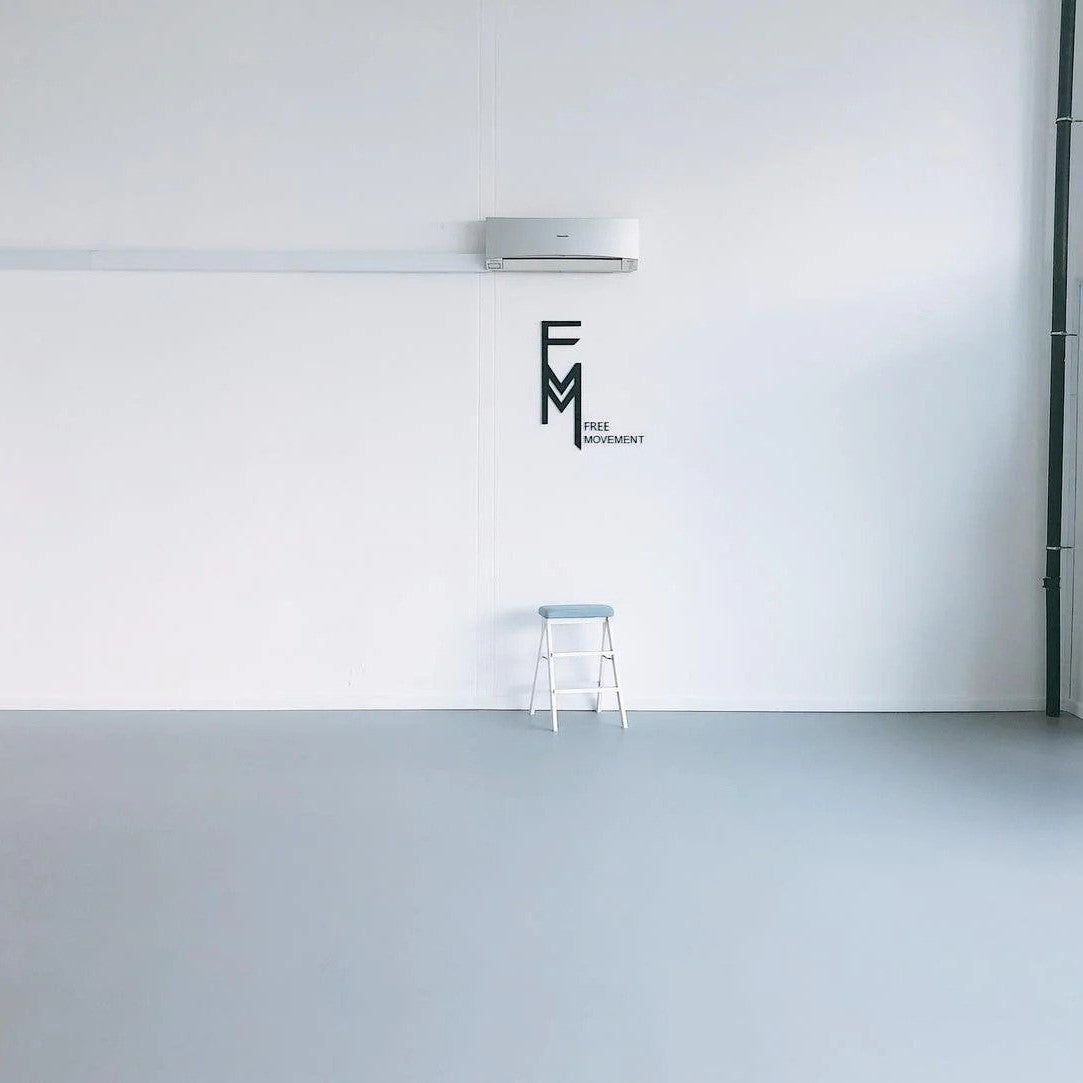








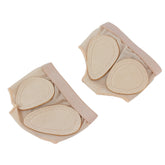
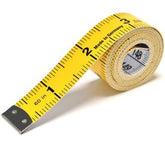

Leave a comment
Please note, comments need to be approved before they are published.